THE YOUTH FOOD JUSTICE GROUP
In October 2020, this group of nine youth connected within Lək̓ʷəŋən territory to forward their learning on food justice within a local context. The goal of this group was not to create action, but to work, learn, and reflect with community members already doing this work. This group highlights how invaluable relationships are as a foundation to doing justice related work.
What this group looks like: There are five pillars to this group (see listed below). As the Liberatory Consciousness Model by Dr. Barbara J. Love outlines, most people jump straight from awareness to action when exploring how they can make social change. Because of that, there are multiple pillars that this group will look at before jumping straight to the action phase. The pillars chosen are based on teachings shared from my family based on relations, introspection, belonging, giving back, and community care. When the group is first established, there will be a program design day where the group collectively decides how they want to see this group develop and if these pillars remain relevant for them.
What Have We Been Doing So Far?
The group is currently of nine other youth who are interested in this work. Since October 2020, we have been doing monthly check ins and monthly workshops based on our interests. This far, we have met with a local language revivalist, a worker from Swan Lake Nature sanctuary, and one of the creators of the Just Food project. We have had an opportunity for an independent nature walk that was informed from my teachings being Indigenous to these lands. This was considered as a workshop to learn from the land (one of our greatest teachers). We also had a winter (virtual) food gathering and meal share. This group has provided opportunities for leadership with other food related groups, and volunteer opportunities.
As we move into the new year, we are shifting our focus to creating actions. The project we are working on right now is creating a Zine to support people to find belongingness in place. This group is filled with love, kindness, collaboration, and passion. I hold my hands up for all of the amazing group members and friendships created within this group.
LAND-BASED ZINE (BY THE YOUTH FOOD JUSTICE GROUP)
HOW TO ACCESS THE ZINE:
DIGITALLY:
The Zine is available online for free. You can click the link below to access it (sometimes it says that the file size is too large, you can click ‘download anyways’ and it should work). With this link, you can also print the pages easily without having to print the whole resource.
YOUTH FOOD JUSTICE: WINTER GATHERING
In December, the Youth Food Justice Group got together to share a virtual meal together to celebrate the end of the year, and spend time building relationships. All who attended were encouraged to cook a meal that felt significant to them and their family, or significant to their ancestry. During the gathering, folks showed what they had made to the group and shared a variety of stories about eating that food growing up, it’s history in their family, or traditions that surrounded that food. We heard about creative family competitions, special tips for how to prepare the food and it’s special significance to the person who made it. The recipes ranged from deserts, to main courses, to side dishes and have all been compiled in a simple recipe book that the group would like to share. To check out and download the recipe book, click here!
THE FIVE PILLARS
RELATIONSHIP PILLAR
Have you been on the hunt for other rad, empowering, activist youth in your community? This is a chance to network with others who have a passion for food advocacy in your community. Working from a decolonial lens for me means moving away from a task based group, to a relations-based group. Monthly check-ins will be offered over zoom to connect and see where support may be needed.
LEARNING PILLAR
The group will collectively decide on different skills and knowledge that they want to develop. This can look like a monthly workshop with guest speakers to share different information about various topics. Topics may include political change for food justice, public speaking skills, understanding local protocols, change within education systems, multicultural lens for food justice, Indigenous food sovereignty, etc.
COMMUNITY INVOLVEMENT PILLAR
What better way to learn about our community than to become a part of it? I believe that our actions must always be grounded in understanding and building relationships with communities. In this pillar of the program, we can reach out to groups who are doing amazing work and see how we can support them. This may look like sharing different volunteer opportunities and working within the community.
LEADERSHIP PILLAR
Do you want to share your voice and ideas within decision making processes? We will work together to find spaces where youth voices can be heard. You will be offered different boards and councils that you can join so that we can center food justice, equity, anti-racist, and decolonial perspectives in decision making. You can also host podcast episodes and interview community members.
ACTIVISM PILLAR
Through building relationships, our skills, our network, and our leadership, we can build a strong grasp of community needs. With this, we can collaborate with our communities to determine actions to take that can support a better food future. Funding will be available to do these projects.
This project took place from October 2020-December 2020. Please look at all the hardwork Lajah and the rest of the Youth Food Justice Group has put into creating the “Land-Based Zine” and the Recipe Book!



